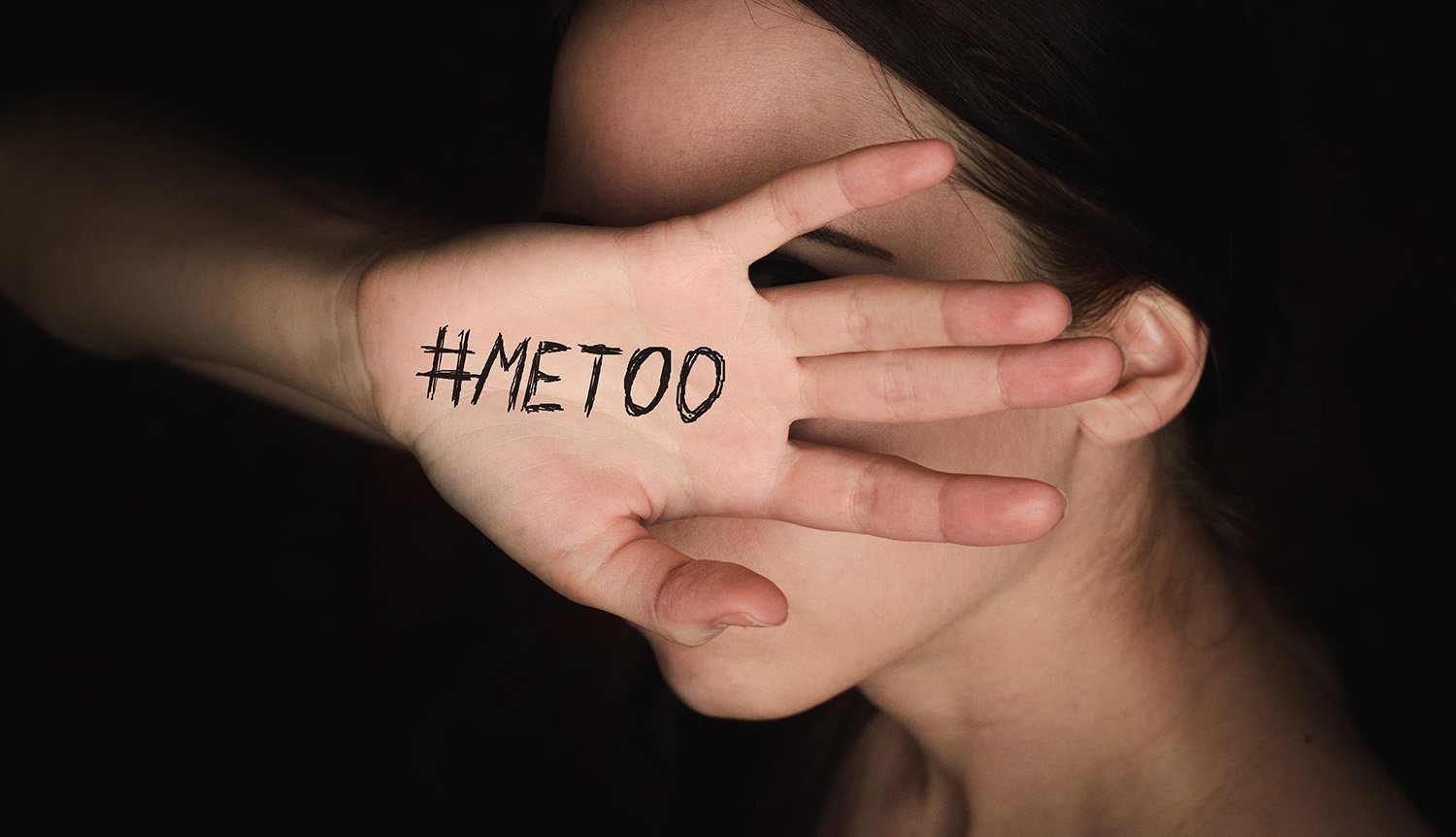Trends — Culture • Lifestyle • Future
Cancel culture is a social phenomenon on the rise in recent years, thanks to social media's power and recent movements like #metoo. It refers to withdrawing support for or boycotting individuals or organisations perceived as offensive or problematic.
The term can describe calling out, brand boycotting, or shaming an individual or entity on social media platforms. It has been described as "a form of online vigilante justice" by some observers, and others have labelled it as a form of censorship.
Cancel culture is often associated with millennials and Generation Z, who are more likely to hold brands and public figures accountable for their words and actions.
While cancel culture can be a powerful tool for holding people and brands accountable for their actions, it can also be abused – leading to the silencing of valid criticism and the unfair tarring of reputations.

TRACING THE RISE OF CANCEL CULTURE
There are several reasons for the prevalence of cancel culture.
1. The rise of social media has given people a platform to voice their opinions and share their experiences more easily.
2. In recent years, there have been increasing calls for social justice, and people are holding brands and public figures accountable for their words and actions.
3. With increased globalisation, people are exposed to different cultures and ideas, which can sometimes clash with their values.

EFFECTS OF CANCEL CULTURE ON INDIVIDUALS, BRANDS, AND SOCIETY
Positive Effects of Cancel Culture
Cancel culture has many positive effects on individuals and businesses.
1. Force brands to be more accountable for their actions
2. Encourage brands to be more authentic
3. Make brands more responsive to social issues
4. Create a healthier environment for competition
5. Help protect consumers from harmful products or services.
Adverse Effects of Cancel Culture
There are just as many (if not more) negative effects of cancel culture than positive.
1. Spark unfavourable reactions from the public
2. Adversely affect a company’s branding
3. Hurt businesses and economies
4. Lead to legal action against the company
5. Create a climate of fear
6. Promote cyberbullying.
IS IT BETTER TO BE LOYAL OR JUMP SHIP?
In this age of cancel culture, loyalty is more important than ever.
When news broke that Olympic gold medallist Joseph Schooling had been using cannabis while preparing for the SEA Games in Hanoi, many quickly pointed fingers and called for punitive action.
As a brand ambassador for fashion house Hugo Boss, it was expected that he stood to lose his endorsement deal.
However, Hugo Boss took a more level-headed approach, stating that while they do not condone Schooling's actions, they understand that he is going through a difficult time and are standing by him.
This measured response likely saved the company from backlash and avoided the often negative consequences of "cancel culture." For brands and companies, the key is to strike a balance between being responsive to public pressure and staying true to their core values.

BOUNCING BACK
In October 2016, after Samsung released its Galaxy Note 7 Smartphones , reports of the phones exploding, causing fires and multiple injuries among users, quickly turned viral. The negative publicity surrounding this crisis could have derailed the company, but Samsung tackled the issue head-on.
Samsung began its strategy by using full-page newspaper ads, first to take accountability and apologise for the defects and harm, and next to share all investigations into the incident with the public. Finally, Samsung booked media spots explaining the rigorous testing their products endured before hitting the market.
The strategy proved successful for Samsung. While they experienced a 3% decline in mobile device sales during the final quarter of 2016, the tech giant bounced back, ending its third most profitable quarter since 2013 with a $7.4 billion operating profit.
QUITTING CANCEL CULTURE
With the extensive socio-economic, business, and personal fall-outs caused by cancel culture, we need to ask if we should be quitting cancel culture. This is hard to determine.
Brands that stick by their ambassadors during crises show empathy, which can be a boon to their business. When people perceive their favourite brand to be understanding of mistakes, they often become even more loyal customers.
Conversely, when a brand quickly recognises a problem, takes accountability, and distances itself from a controversial ambassador or influencer, it can be a very effective form of damage control that maintains consumer trust.
Some believe holding people and businesses accountable for their actions is necessary, while others find that its toxicity is divisive and unproductive.
Regardless of which side of the debate you fall on, one thing is clear: cancel culture is here to stay, at least for the foreseeable future. It is up to each of us to take a measured approach in how we react.